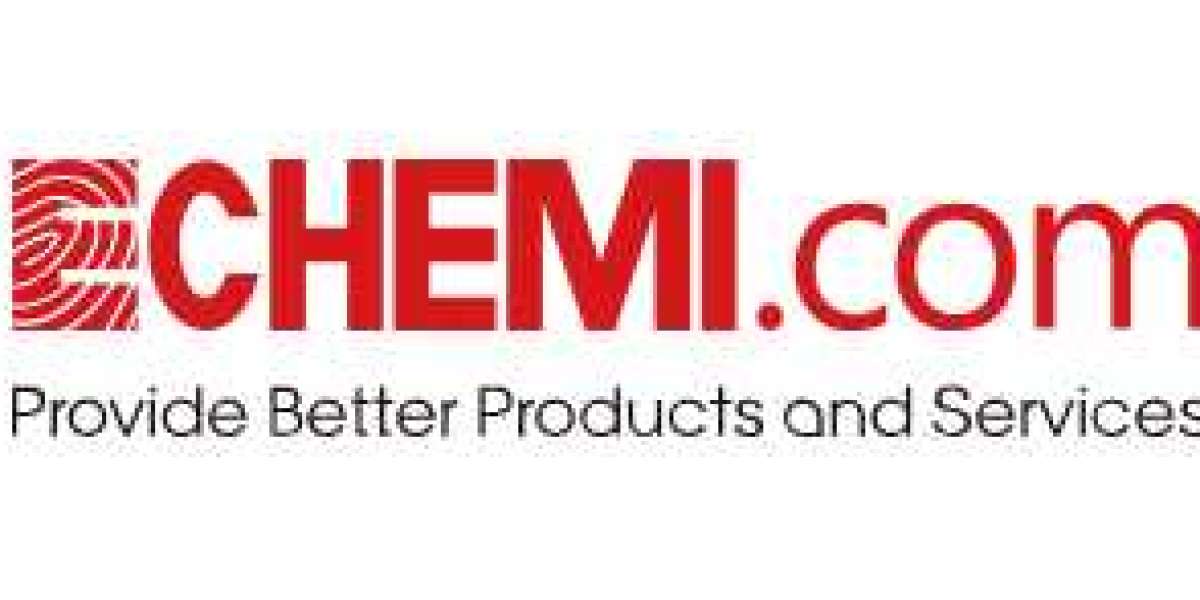Unlock the Power of the Sun: Your Ultimate Guide to Choosing the Perfect Entry-Level Solar Charge Controller!
As the world shifts towards renewable energy, solar power has emerged as a popular and sustainable choice for many households. At the heart of any solar energy system is the solar charge controller, an essential component that regulates the flow of energy from the solar panels to the batteries. For beginners venturing into the world of solar energy, understanding how to choose the right entry-level solar charge controller for beginners can be daunting. With increasing interest in solar solutions, it's crucial to have accessible guides that demystify the process. In this article, we'll explore the basics of solar charge controllers, highlight key features to consider, and provide a selection of entry-level options to help you make an informed decision.

Understanding Solar Charge Controllers
A solar charge controller is a device that manages the voltage and current coming from your solar panels to your batteries. Its primary function is to prevent overcharging and deep discharging of the batteries, which can lead to reduced lifespan and performance. There are two main types of solar charge controllers: Pulse Width Modulation (PWM) and Maximum Power Point Tracking (MPPT). PWM controllers are generally less expensive and simpler, making them a good choice for beginners. They work by gradually reducing the amount of power sent to the batteries as they reach full charge. On the other hand, MPPT controllers are more efficient and can optimize the energy harvested from solar panels, but they come at a higher cost. Understanding the differences between these types is vital for making an informed choice that fits your energy needs and budget.
Key Features to Consider
When selecting an entry-level solar charge controller, there are several essential features to consider. First, voltage compatibility is critical; ensure the controller matches your solar panel and battery voltage. Current rating is another key factor, as each controller has a maximum current it can handle. Display options can also enhance usability, providing real-time feedback on charging status and battery health. Additionally, look for safety features such as over-voltage protection, short circuit protection, and thermal protection, which are vital for preventing potential damage to your system. Each of these features plays a significant role in ensuring your solar system operates efficiently and safely, making them particularly important for beginners who might not be familiar with solar technology.
Top Entry-Level Solar Charge Controller Options
There are numerous entry-level solar charge controllers available on the market today, each offering distinct features and benefits. For instance, some models provide basic functionality with clear displays, making them ideal for novice users who need straightforward operation. Others might offer advanced features like Bluetooth connectivity, allowing users to monitor their system through a smartphone app, which can be appealing for tech-savvy beginners. Additionally, some controllers are designed to handle larger systems, catering to users who may wish to expand their solar setups in the future. It's also important to consider the pros and cons of each option; while some may be budget-friendly, they might lack certain features that could enhance user experience. Exploring various options can help you find a controller that aligns with your specific needs and budget.
Price Comparison and Budget Considerations
When it comes to entry-level solar charge controllers, prices can vary widely. Generally, you can expect to find options ranging from affordable models suitable for small systems to more expensive units designed for larger setups. It's essential to balance quality and cost; while it may be tempting to opt for the cheapest option, investing a little more can yield a controller with better efficiency and features. To find the best deals, consider shopping during sales or looking for second-hand options that are still in good condition. Additionally, reading user reviews can provide insights into the reliability and performance of different models, helping you make a more informed decision without compromising on essential features.
Final Thoughts on Choosing Your Solar Charge Controller
Choosing the right entry-level solar charge controller is a crucial step for anyone looking to harness the power of solar energy. By understanding the fundamental aspects of solar charge controllers, considering key features, and exploring various options, beginners can confidently make an informed purchase. Remember to assess your specific needs and budget, and don't hesitate to conduct further research before making a decision. With the right solar charge controller, you can unlock the full potential of your solar energy system and contribute to a greener future.








